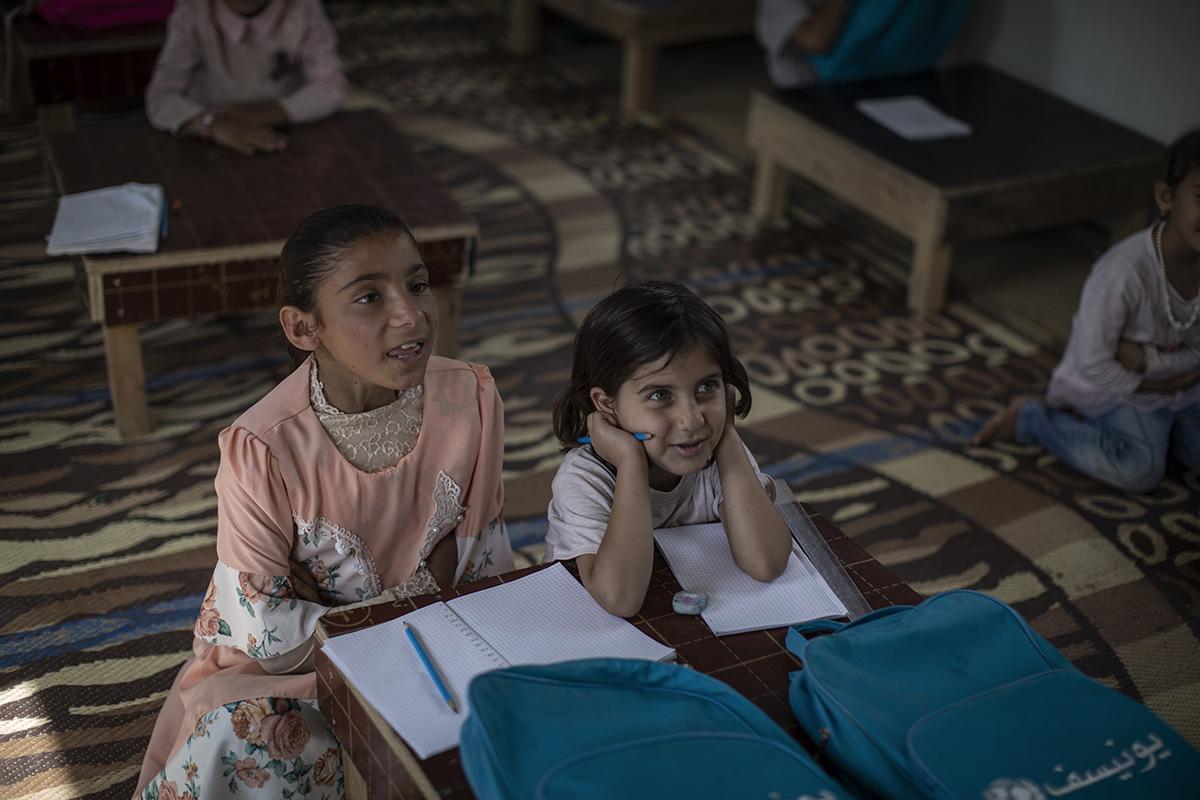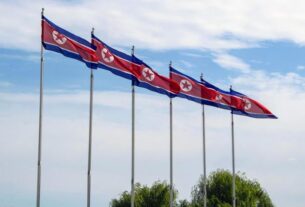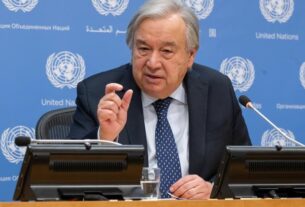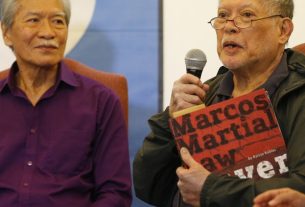In Iraq, a country scarred by conflict and civil unrest, the EU and UNICEF are working together to identify out-of-school children and adolescents, finding ways to make them learn again.
As pathways to formal education are often far from easy for children and adolescents displaced by conflict, options include enrolling them in non-formal education that is inclusive and non-discriminatory.
The partnership between the EU and UNICEF also ensures that boys, girls, men, and women in informal settlements and in camps for internally displaced people are reached with education and child protection services.
Initiatives to prevent gender-based violence are part of our joint efforts as well as providing survivors of such violence with appropriate care and support.
Meet some of the Iraqi children we are supporting together with UNICEF.
Samah, 13, has been living in a camp for internally displaced people, in Hassansham, Iraq, for the last 6 years. Even though she looks much younger than her age, she couldn’t enrol in elementary school because she was considered too old.
© UNICEF/IRAQ/Ibarra Sánchez. All rights reserved. Licensed to the European Union under conditions.
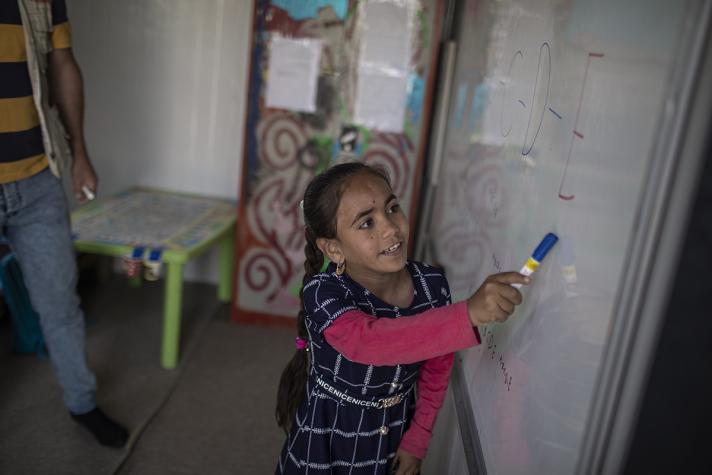
Samah’s family cannot go back to their area of origin. It’s not safe for them. They’ve been in the camp since 2018. “After enrolling in the child-friendly centre, I had the opportunity to learn to read and write,” she says. She wants to become a doctor.
© UNICEF/IRAQ/Ibarra Sánchez. All rights reserved. Licensed to the European Union under conditions.
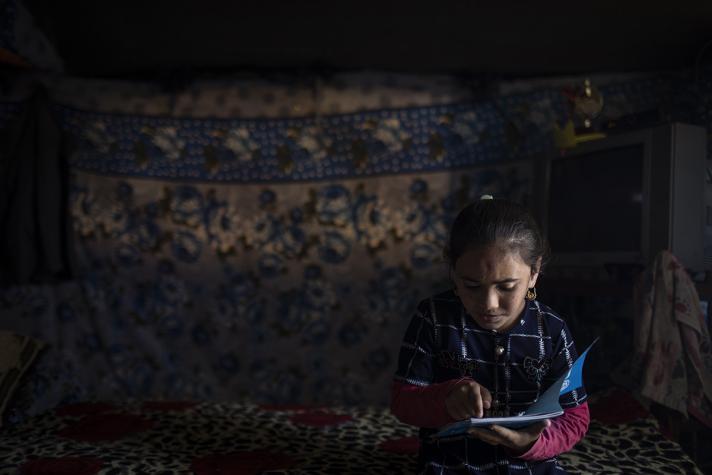
Samah’s grandmother helps her every day with reading and writing. “There is a border to our dreams; we can’t go very far,” she says with a resigned smile. “If I had superpowers, I would like to disappear,” Samah whispers.
© UNICEF/IRAQ/Ibarra Sánchez. All rights reserved. Licensed to the European Union under conditions.

Ahmed’s father was killed and he fled conflict as a toddler in 2014. After living in Erbil town for 2 years, his family was sent to a camp for displaced people. After several years out of school, he’s too old to enrol again despite his mother’s efforts.
© UNICEF/IRAQ/Ibarra Sánchez. All rights reserved. Licensed to the European Union under conditions.
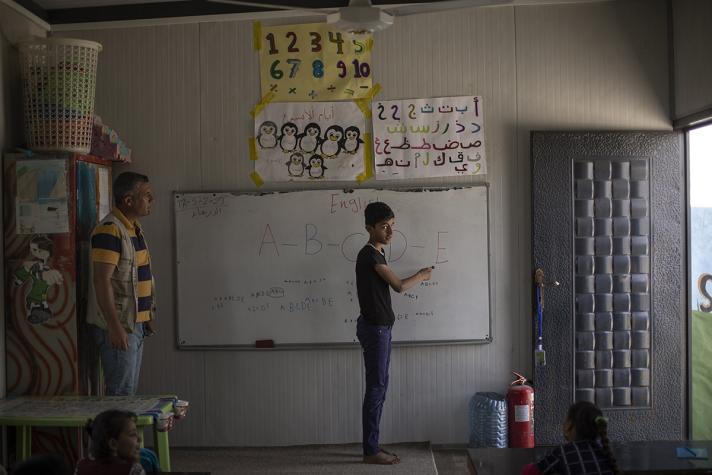
Ahmed, 12, attends a non-formal education centre supported by UNICEF with EU humanitarian funds. He learns the basics like reading and writing and plays football. “I like the centre, but coming here is not enough. I want to learn,” he says.
© UNICEF/IRAQ/Ibarra Sánchez. All rights reserved. Licensed to the European Union under conditions.
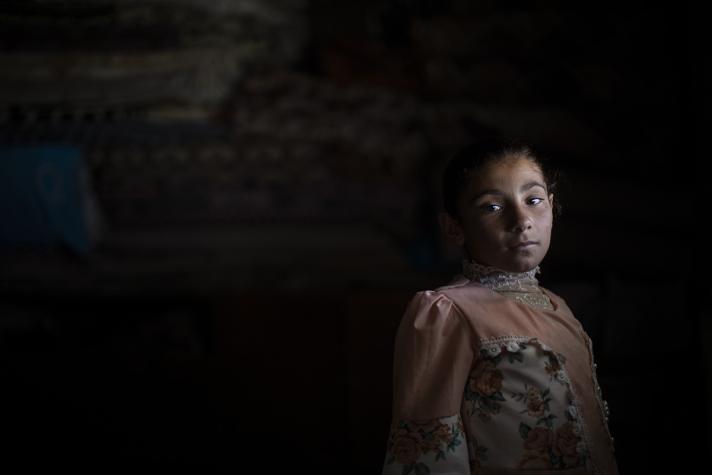
Ashwaq, 10, has difficulty walking and moving. When they realised she was bullied, her parents took her out of school to protect her. The past 3 years, she’s been going to an EU-funded non-formal education centre in Hassansham camp for displaced people.
© UNICEF/IRAQ/Ibarra Sánchez. All rights reserved. Licensed to the European Union under conditions.

“Children used to bully me because I cannot walk properly. It made me cry every day.” Although the centre is far from her tent, Ashwaq insists on walking: “My life has changed. Now I have friends, I learn, I can read and write, even in English.”
© UNICEF/IRAQ/Ibarra Sánchez. All rights reserved. Licensed to the European Union under conditions.
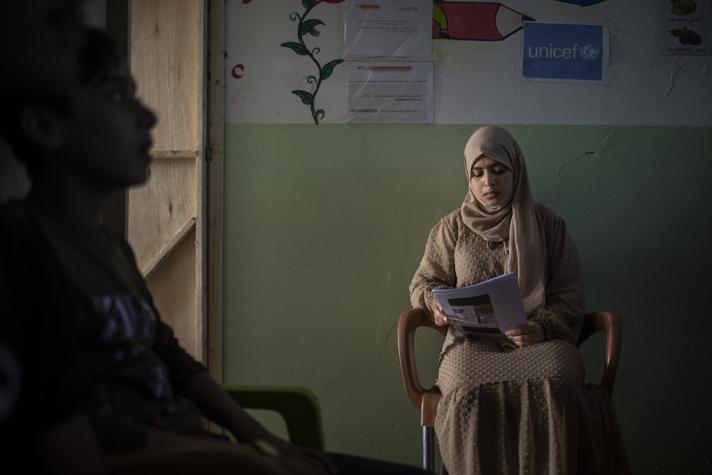
Sondus, 16: “We had to leave our home. I didn’t go to school for 4 years”. She enrolled in accelerated learning and trainings. “I developed my skills and gained confidence, a major turning point in my life. I feel good here as I can achieve my dreams.”
© UNICEF/IRAQ/Ibarra Sánchez. All rights reserved. Licensed to the European Union under conditions.
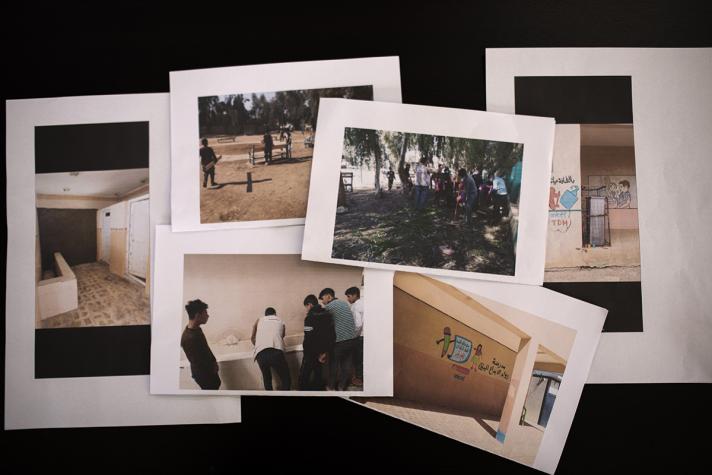
Sondus displays pictures of projects she’s involved in to improve community life. “In the past, I never thought about the future, we all focused on staying alive and surviving. Now, I have gone from a survival mode to a development mode,” she says.
© UNICEF/IRAQ/Ibarra Sánchez. All rights reserved. Licensed to the European Union under conditions.
